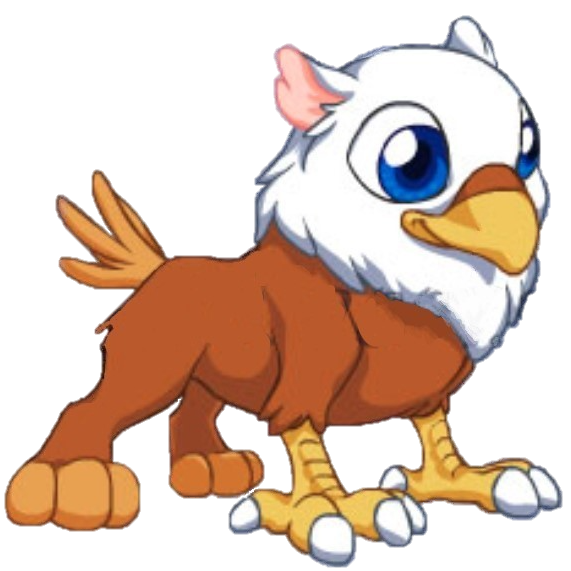Hi parents! When students are out of school, there are many activities you can do to help your child continue practicing what they have learned during this first semester.
Read books together. Ask them questions about what you read to make sure they understand the story. Talk about what they see in the pictures. Explain the meaning of words they do not know. Reading books that are above their reading level with an adult helps build vocabulary and background knowledge which is helpful at every age.
Play word games. When you are out and about, ask your kids what letters they see. Ask them what sounds the letters make. Have them practice breaking apart words into sounds. Ask them what sound they hear at the beginning of words, and if they are really good at that, ask them what sound they hear at the end of words. Clap out the syllables in words. Come up with lists of rhyming words. These are all easy, no preparation activities that you can do when you are waiting at a restaurant, doctor’s office, anywhere. These types of word games help build the skills they need to read fluently.
Play board games and practice following directions. Memory match games, puzzles, and simple board games (Trouble, Connect Four, Candy Land, Bingo) are great for early childhood. Simple games like this help children follow directions, recognize patterns, develop strategies, count, add and subtract, and learn how to play fairly with others. Other movement games like “Simon Says” or “Mother May I” are also great for helping children follow directions.
Practice fine motor skills. Coloring, cutting paper with child size scissors, tracing, and playing with play-do are inexpensive activities that help students build up the muscles in their hands to help them write, tie shoes, open snacks/food, and increase coordination. These are also activities that help students use creativity.
Practice gross motor skills. Running, jumping, climbing, throwing balls, etc. are all ways to develop the large groups of muscles in the body to increase coordination.
Talk about manners and bathroom routines. Talk with students about what our Little Griffin SOAR behavior expectations are (Safe behavior, On task students, Act respectful, Responsible choices). Discuss manners and your expectations of their behavior at school. Review the steps in going to the bathroom and washing hands independently and practice if needed. Be mindful of the bottoms you buy for school to make sure your child can get them down and up themselves.
Early Childhood Technology Options. Kindergarten and First Grade students have chromebooks at home. There are a variety of learning apps on CLEVER that are available to them by our school district. Pre-K teachers encourage parents to sign their students up for Reading Rosie. Starfall is another great educational website and app for Pre-K students.
The NDLE faculty and staff work really hard to provide a well-rounded education for their students, but remember that parents are the most important teacher your child has. With over 500 students in our school, parents are the ones who can give the individual attention that 3-7 year olds need. In January, all grade levels will review routines, procedures, and expectations while beginning to promote more independence to prepare students for the next grade level. With parents’ help, we can work together to make sure our Little Griffins SOAR into learning the fundamental skills that will help them succeed in their education.

